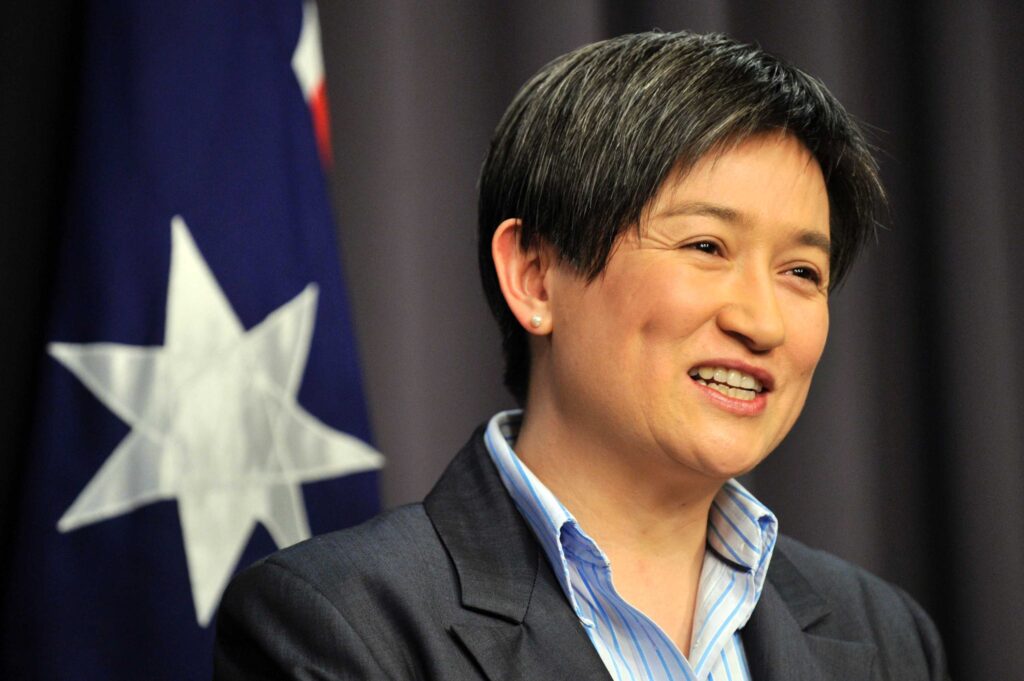When the Trade Minister’s office leaked details to The Australian last week of sugar being added to the Trans Pacific Partnership negotiations, the rest of Australia was understandably nervous.
The negotiators weren’t talking metaphorically about adding a sweetener to the deal, they meant actual sugar. As in, the sugar industry is set to get much better access to the US – among other markets – under the controversial TPP.
Sugar, of course, has been a sore point in Australia’s trade relationship with the US. Its exclusion from US-Australia free trade agreement negotiated in the Howard years is still considered a shocking balls-up.

So the addition of sugar to the core of the TPP negotiations is indeed good news. The sugar industry is incredibly important in this country and any improved access to foreign markets for the sector is welcome.
But when the single piece of information about the secretive TPP negotiations to come out of Trade Minister Andrew Robb’s office is about sugar getting better access to the US, you can be sure a heavy price has been paid.
Which is why a lot of Australians are getting nervous right now about what’s been traded away.
The Opposition has become so frustrated at the level of secrecy that shrouds the TPP discussions that it forced Government to table a statement on the negotiations through a vote in the Senate. The motion was passed with the support of the Greens and the cross-bench.
Not that much detail was forth-coming. This is a far-reaching multi-lateral trade deal being negotiated in secret. The public has not been told even the talking points, let alone the negotiating positions (oh, except that sugar is on the table.)
The Trade Minister’s representative in the Senate Marise Payne duly read a short, three-minute statement that effectively confirmed that the negotiations were taking place, but which provided no detail about its progress.
At no stage has a draft of TPP text been made available for discussion (apart from draft chapters that have been leaked through the Wikileaks website.
This Trans-Pacific Partnership covers 12 countries – Australia, Brunei, Chile, Canada, Japan, Mexico, Malaysia, New Zealand, Peru, Singapore and the United States – that represent 40 per cent of the global economy (or US$28 trillion).
And yet the first time the Australian people will see it (or the Australia Parliament) will be as an agreed text ready for rubber stamping. There will be no public discussion or consultation: It will be presented to the parliament as a complete, agreed document.
For the tech industry – and for consumers of content – the TPP concerns relate to the possibility of a dramatic re-write of intellectual property laws being forced under the agreement. Certainly this is the concern that Labor’s trade spokesman Penny Wong has been flagging.
“If the government is suggesting that there might be wholesale changes – for example, to copyright law – I think it is incumbent on the government to have a dialogue with the Australian community and this parliament about that,” Senator Wong said.
The information vacuum in relation to the TPP was being filled with a lot of unhelpful speculation that was causing alarm in the community. Senator Wong called for assurances that certain activities be ruled out of the TPP.
“The TPP must not do a number of things. It must not affect our ability to deliver public services. It must not undermine labour and environmental standards. It must not reduce the capacity of Australians to access affordable medicines through the PBS (and) it should not radically alter the existing legal balance between creators and consumers of intellectual property,” Senator Wong said.
The opposition is also deeply concerned about proposed provisions for investor-state dispute resolution (that is, where international corporates can sue governments under provisions within the TPP.)
This has profound potential implications in the telecommunications and ISP sectors in relation to content and digital rights. And yet we know nothing about how these dispute settlement provisions might work – or even what domestic IP laws will need to be amended to bring them in line with the TPP framework.
“In relation to investor-state dispute settlement, I say again what I have previously said: ”This government should not sign a Trans-Pacific Partnership which would provide for corporations with legal rights that are superior to the rights of domestic businesses,” Senator Wong said.
Unsurprisingly, the Greens are unimpressed with the secrecy of the negotiation. “This is a trade agreement being signed under cover of total darkness,” the Greens’ Scott Ludlam said. In fact, Senator Ludlam says the TPP is not a free trade agreement in the sense that we are used to.
“It is not even being negotiated between large corporate entities … this is an agreement being hammered out by global corporations in their benefit. It is an investor’s rights agreement, not a free trade agreement.”
The TPP represents huge opportunities for Australia. But as in any trade negotiation, there are winners and losers, and if the track record of the Australia-US FTA on the dramatic extension of intellectual property rights is anything to go on, then Australian consumers should rightfully be concerned.
Regardless of its content, the secrecy that has surrounded the TPP is simply wrong. The Australian public needs to be brought into this conversation.
It may be too late, of course. The final agreed text for the TPP may be announced within weeks.
In accordance with the government’s treaty-making process, once the TPP text is agreed by the negotiating parties it will be tabled in parliament for 20 joint-sitting days “to facilitate public consultations and scrutiny by the Joint Standing Committee on Treaties.”
“This will be an opportunity for public and parliamentary discussion of the TPP agreement prior to biding treaty action being taken,” Senator Payne said.
Of course, by the time the agreed TPP text is made publicly available it may simply be too late.
Do you know more? Contact James Riley via Email.

